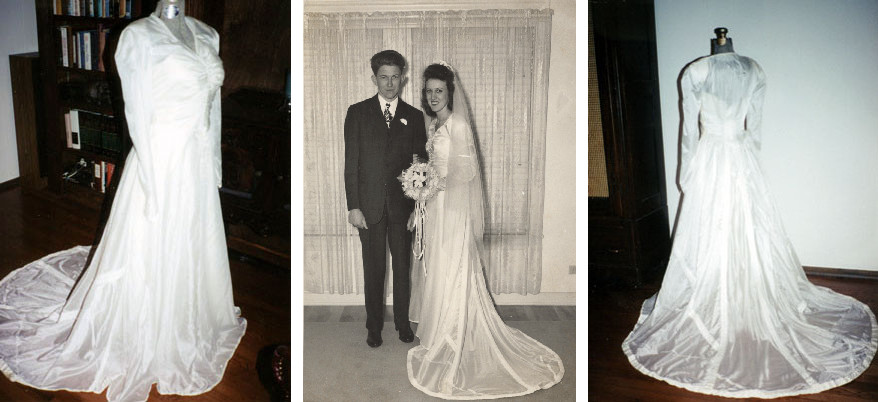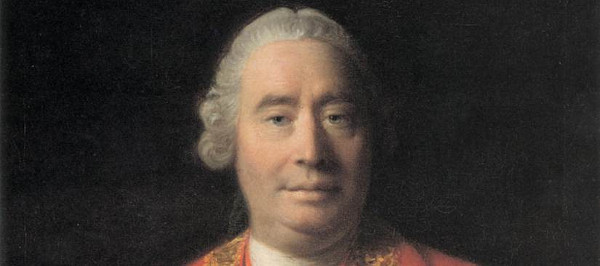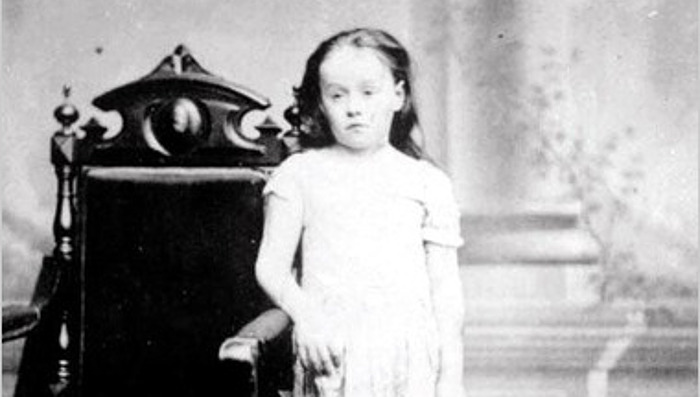
However, there is one thing that cannot be the result of God’s will: the fact that his will is effective. For if God’s will is not effective, then nothing he wills could come about. It would follow that he could not will that his will become effective and, as a result, have it become effective. Unless God’s will is already effective, he could not will it to become effective and have it in fact become effective. If God’s will is not effective, God could not make it effective. Thus, if God’s will is effective, God did not make it effective. So there is at least one state of affairs that cannot be dependent on God’s will: namely, that his will is effective.
— B.C. Johnson, The Atheist Debater’s Handbook, 1983




